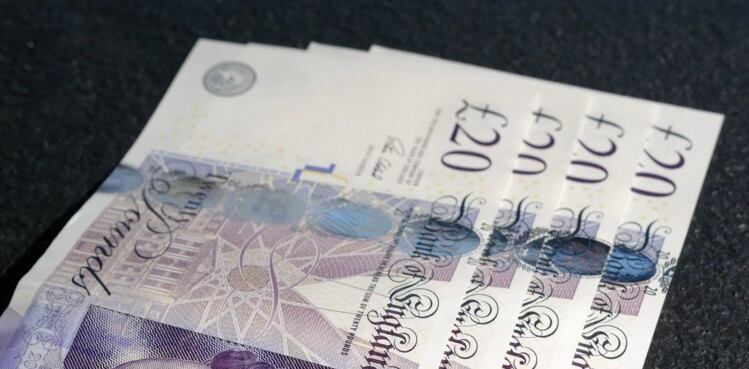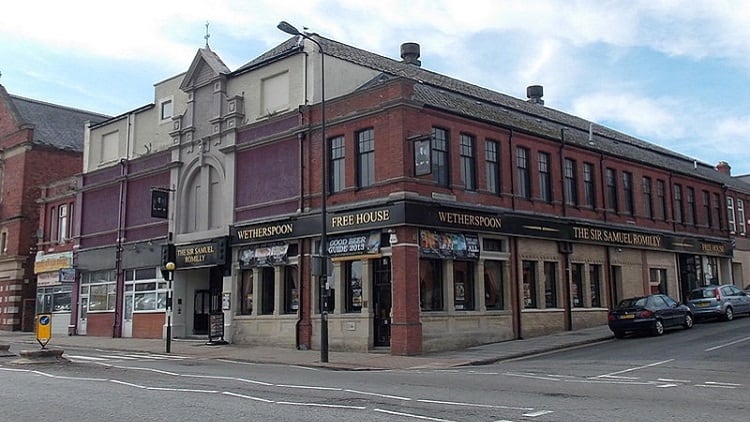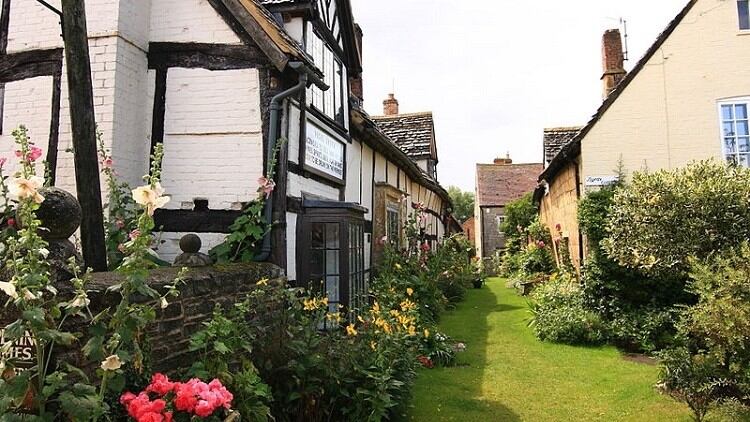Industry leaders agreed increasing wages was necessary for pub staff recruitment and retention but said the raise would need to be introduced carefully.
Javid announced an increase from the current rate of £8.21 to £10.50 by 2024, at the Conservative Party Conference yesterday (30 September).
He said: “Over the next five years, we will make the UK one of the major economies in the world to end low pay altogether.”
The current rate is equivalent to 60% of median earnings and would be increased to 66%, pushing up the 2024 wage from its current forecast of £9.55.
It was also announced the age workers can qualify for NLW will be lowered from 25 to 21 in the same time-frame.
Several pub trade bodies said operators were already struggling with the costs of other regulations and duties, meaning both the raise and age adjustment could damage businesses if not implemented with care.
The Treasury did not provide an estimated cost for employers or the Government.
Double whammy
UKHospitality chief executive Kate Nicholls said the association would call on the Government to outline measures to ensure the sector could cope with the changes.
She said: “The Chancellor’s announcement threatens a double whammy of a further unprecedented cost increase for employers and an adjustment down in terms of age, so we will need a clear regulatory framework with an independent review by Low Pay Commission.
“There needs to be a way to adjust NLW levels to react to economic changes, no fixed end point to achieving 66% median earnings and mitigation measures.
“These might sensibly include cutting employment allowance and NICs (National insurance contributions) to help low-paid workers keep more money and incentivise job creation.
“Hospitality is keen to attract British talent and part of that process will be to raise entry level wages.
“However, the cumulative costs of regulation and taxes over the past three years have wiped a third off the margins of hospitality businesses and this move, if marshalled in too quickly, will hurt business, damage jobs and not just stifle growth but reverse it.”
Consumer spending
British Beer & Pub Association chief executive Brigid Simmonds said the increase could pose a “significant cost challenge for pubs,” given the proportion of staffing in operating costs was already substantial for many pubs.
Lowering the age threshold would be particularly consequential for the sector as it employs many young people, she added.
Simmonds said: “This is why we continue to call on the Government to cut beer tax and business rates to ease the overall cost pressures pubs face.”
A wage increase would lead to consumers having more money to spend at UK pubs, she added.
Licensees Association chief executive Nick Griffin agreed that rising cost pressures meant pubs could struggle with the increase though it posed opportunity for sector growth.
He said: “The Licensees Association cautiously welcomes any rise in the living wage to one that ensures those that work in or pubs and bars are rewarded for their excellent hard work and, hopefully, increasing the disposable income of many of our customers.
“But we must also recognise the rising cost pressures faced within our sector in an effort to ensure any NLW rise does not lead to further pub closures or job losses as those who run our pubs cut back on hours to maintain profitability.”
Ethical employers
Alan Merryweather, who operates the Black Horse pub, in Leicester, said he already paid staff a minimum of £9 per hour and so “a further £1.50ph over five years isn't really an issue”.
He said: “We are ethical employers who pay fair wages, we offer great hours, but we seem to pay through the nose for rates, gas, electricity, corporation tax, increased supplier costs and so on.”
Pub staff are paid more than the national living wage on average, according to research from The Morning Advertiser Jobs.
Many pubs are members of the Living Wage Foundation’s scheme, which sets a voluntary wage at a higher rate than the Government’s NLM – £10.55 an hour in London and £9 an hour outside London.




